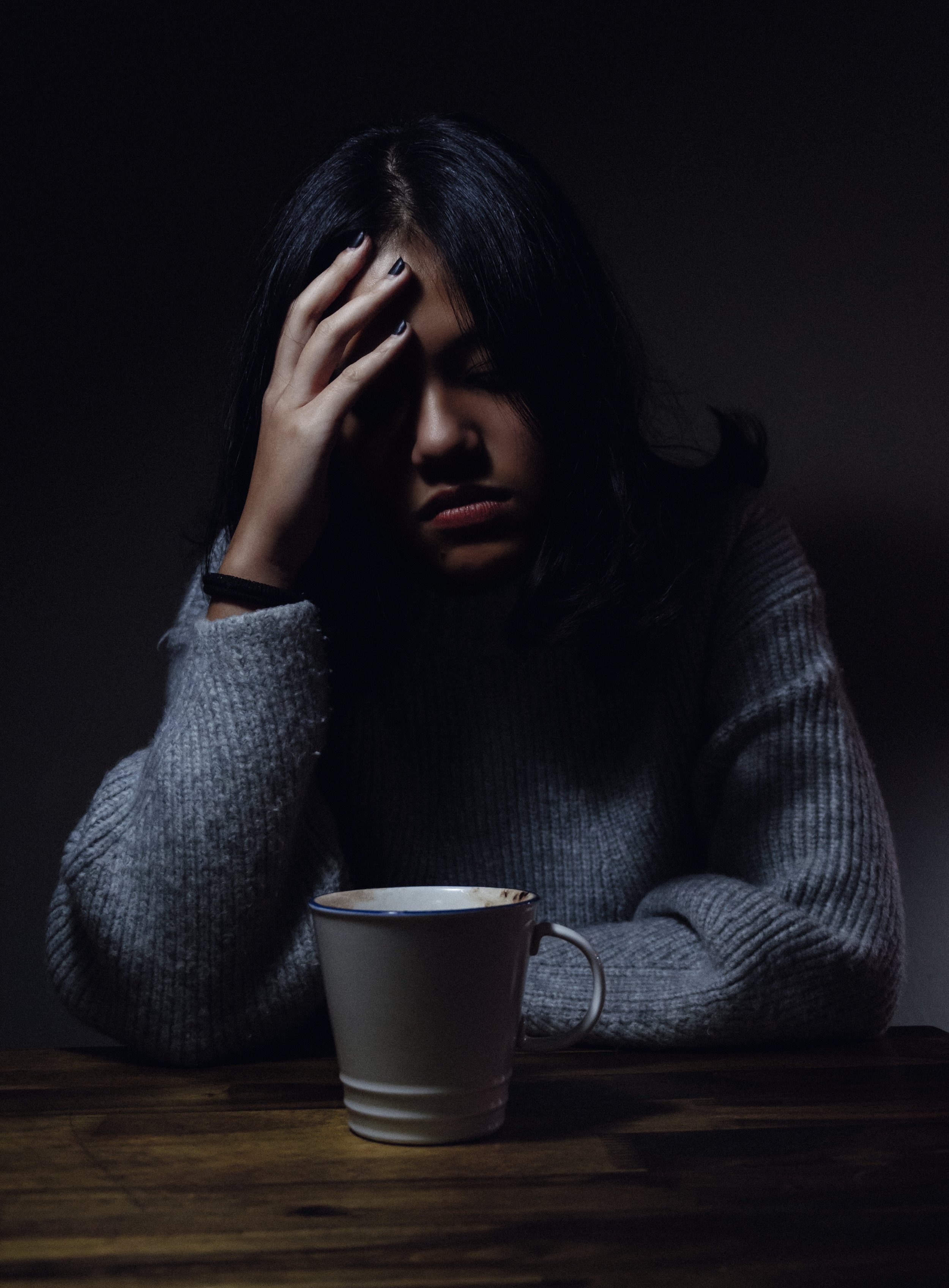10 Questions with Marion Colledge
This week we spoke with Marion Colledge, our lovely Nutritionist and Massage Therapist. Marion is a constant and calming presence here at the Honor Oak Wellness Rooms. Her Abdominal-Sacral massages have gathered a steady following amongst our clients who struggle with their menstrual cycle. Marion will be sharing more and more of her dietary wisdom in the coming months in the form of Saturday workshops.
1.What was your first job?
My very first job was aged 16 in the local supermarket in the village where I grew up. I worked behind the cheese, meat and bread counter on Saturday mornings and absolutely loved it! My first full-time job was as a PA to a film producer for a small film production company in Munich.
2. Why did you choose the field you are in?
It was actually my own positive experience of using Herbal Medicine which made me curious to find out more and to enter the field of complementary health. I started with a series of massage courses, then added a Herbal Medicine degree and most recently a Nutritional Therapy diploma. I love learning and am forever attending webinars and courses in order to keep up to date.
3. What would we most likely find you doing on the weekend?
Often on a dog walk with a friend in one of the local parks or woods, sometimes followed by a pint in the pub.
4. What’s your favourite time of the year and why?
Spring - I love seeing new plant shoots appear and buds on trees and the light getting brighter and the days longer! This feeling of new beginnings can be quite infectious and I will make plans and try new things and do stuff like redecorate rooms…
5. What does exercise look like for you?
Personally I quite like structure so I have a weekly timetable of classes which I attend on top of doing lots of walking. The classes are yoga, a kick-it workout and piloxing and that balance works really well for me.
6. What book are you reading now?
My current downtime reading is ‘Unsettled Ground’ by Claire Fuller and I’ve always got a health related book on the go at the same time. At the moment I’m listening to ‘Spoon fed’ by Tim Spector on Audible.
7. What’s one professional skill you’re currently working on?
I’m always learning and the last webinar I attended was on certain types of functional testing - this can be a really helpful tool to get to the root of a client’s health issues.
8. What’s one of your favourite memories from the past year?
Probably our holiday in Germany last summer where we spent a couple of weeks with my family after a year of not seeing each other.
9. What’s one thing most people don’t know about you?
Hmmm… I’m a pretty open book so I can’t really think of any exciting revelations.
10. Are you a cat person, or a dog person?
100% dog - we’ve got a lovely Cockerpoo called Porter.
Find an appointment
〰️
Find an appointment 〰️





